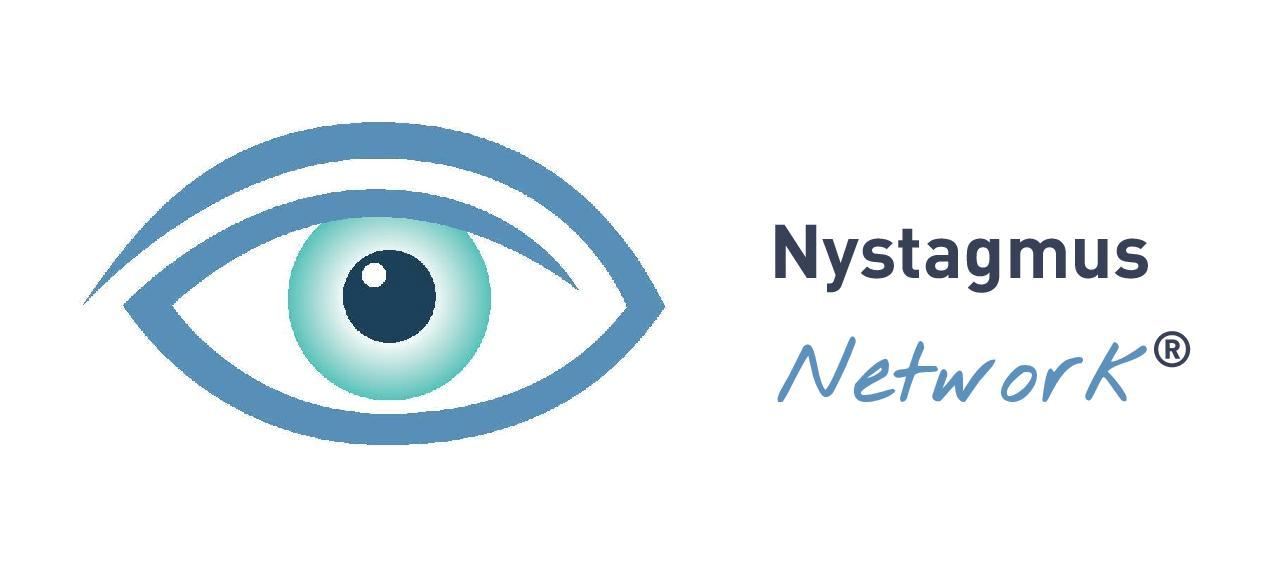Aging in a Disabling Society: Exploring Age, Disability, and Identity Through a Biographical Life-Course Lens.
Emma Davis, a student at Durham University would particularly like to invite people living with long term visual impairment to take part in research on the link between age and perceptions of disability and their impact on identity, which is being undertaken as part of her BA undergraduate Sociology degree.
An outline of the study is provided below. Please read this information carefully before you decide to take part. If you have any questions, please get in touch via the contact details at the end of this form.
Research Outline
What is the study?
This study seeks to explore how societal perceptions of disability shift as d/Disabled individuals transition from childhood to adulthood and how these shifts impact the identity construction and lived experiences of d/Disabled people. It aims to unpack ableist notions attached to impairment, for example, looking at how processes such as infantilisation and responsibilisation relate to age and how constructs such as these may exacerbate disablement.
Why this study?
Currently, there is limited research on how age and perceptions of disability intersect, despite its significant impact on the lives of many in the d/Disabled community. Through examining this intersection, this research aims to consider how dis/ableism operates differently across various life stages and its consequences on the lived experience of d/Disabled people.
Why you?
This research aims to gain insight into the lived experiences of the above phenomena, endeavouring to centre d/Disabled voices, and understand these dynamics through the life-course narratives of d/Disabled adults.
Therefore, your participation will provide valuable insight into age-related shifts in the perception of and attitudes toward disability and the impact this process has. Through sharing your story, you will contribute to a hopefully deeper understanding of the nature and impact of dis/ableism in society.
Participation Details
Participation criteria:
The criteria for participation in this study are as follows:
- Adults aged 30+ who self-identify as d/Disabled
- Has a physical impairment (visible or invisible) and has had since birth
- Any gender, sexuality and ethnicity welcomed
While this project deeply values the experiences of d/Disabled individuals with cognitive impairment, its scope and methodology are at this time, focused on physical disabilities and visual impairment specifically.
What you will do:
Participation will entail:
A one-to-one interview consisting of 3 sub-sessions across 2 meetings, which will be audio-recorded
Meeting 1
- A participant-led life-story narrative prompted by 1 question from the interviewer.
A 15-minute break (or more, if desired)
- A semi-structured interview involving follow-up questions based on your initial narrative.
A week-long break (or more, if desired)
Meeting 2
- A more structured interview involving questions based on the wider research topic and refine any details.
The first two sub-sessions will take place on the same day with a 15-minute+ break in between, with sub-session 3 taking place a week or more after. The length of sub-session 1 will be determined by you, as it is your narrative, and sub-sessions 2 and 3 will take no longer than an hour each.
Sessions will be arranged to take place either on Microsoft Teams, Zoom, or the headquarters of the organisation you were contacted through, but you are more than welcome to suggest an alternative location if you prefer.
What your data will be used for:
Your data will be used to inform a dissertation thesis which will be submitted for assessment as part of my Sociology BA degree.
How your data will be kept confidential:
Session recordings will be stored digitally on a password-protected device.
- To assist with analysis, written transcripts of the sessions will be produced and stored in the same secure manner as the original recordings.
- Following transcription, the audio recordings will be destroyed.
- On completion of the report and no later than the 27 June 2025, all session transcripts will also be destroyed.
- To ensure anonymity, identifying information will be excluded from transcripts.
- Further, transcripts will not be shared with anyone outside the research team, and only short excerpts/quotes will be used in the final report.
- In all cases, a pseudonym will be used in place of your real name when referring to your data.
For further information about the University’s policy for handling private data, including your rights and how to make a complaint, see:
What are the risks:
Ableism and personal experiences of it are sensitive issues which may be uncomfortable or traumatic to talk about, which could cause distress or anxiety.
Of course, we will approach the sessions with due care, and you may choose to withdraw from the study at any point (see below).
Nevertheless, if you believe that participation is likely to result in significant distress or anxiety, then it may be best not to participate in the study.
If you change your mind:
- Participation in this study is entirely voluntary.
- You may choose not to answer any question which is asked during any of the 3 sub-sessions and if you are uncomfortable answering a question, then you are encouraged not to.
If you decide that you no longer wish to participate in the study, you are welcome to withdraw at any time before or during any of the 3 sub-sessions without providing an explanation.
If you complete the participation process but decide later that you wish to withdraw, please contact Emma Davis (using the contact details below) within two weeks after the interview asking for your data to be destroyed.
How to get in touch:
If anything in this information sheet is not clear or you wish to ask any questions, please contact Emma Davis at emma.davis2@durham.ac.uk
If you have any concerns or complaints about the conduct of this project, please contact the project supervisor, Angela Filipe, at angela.m.filipe@durham.ac.uk




